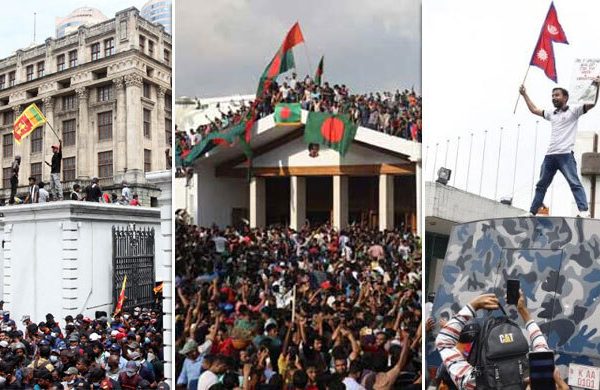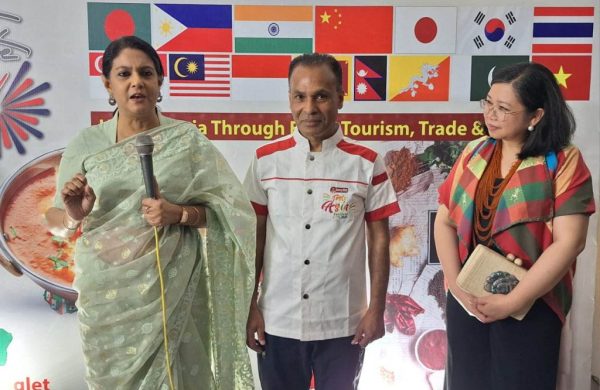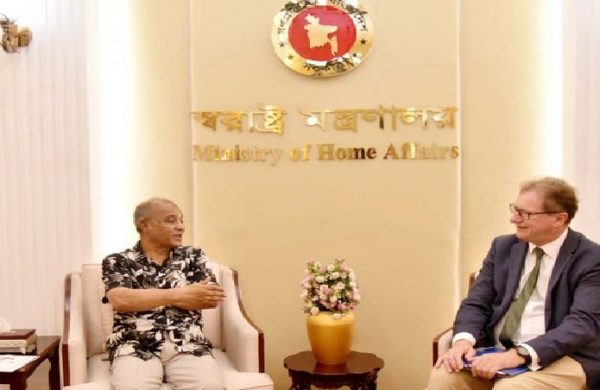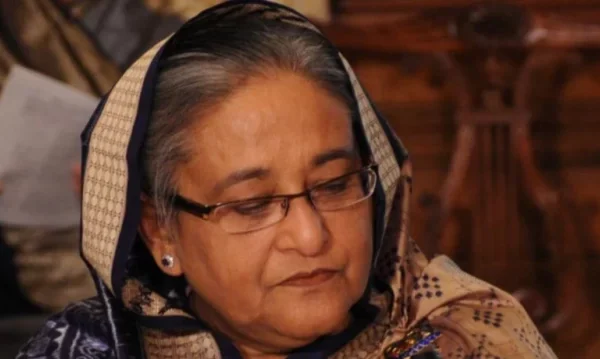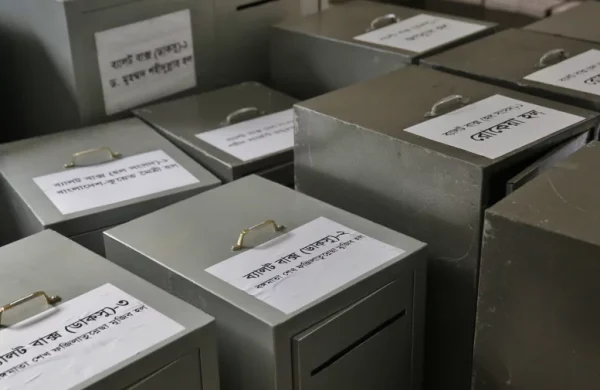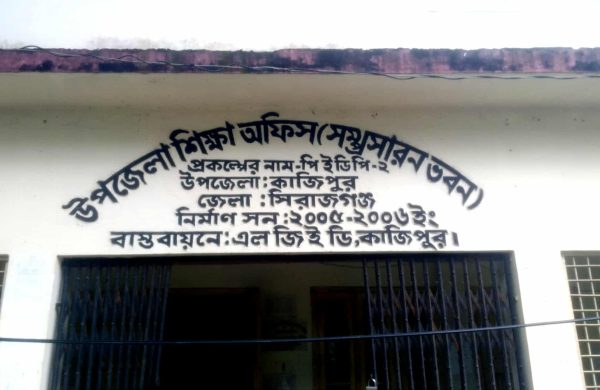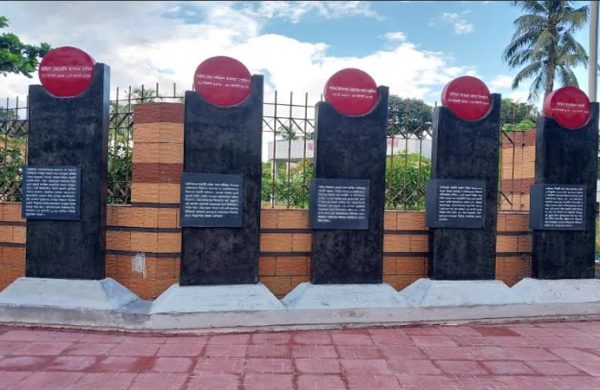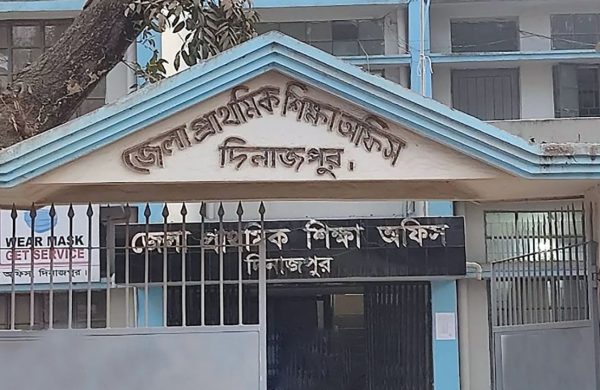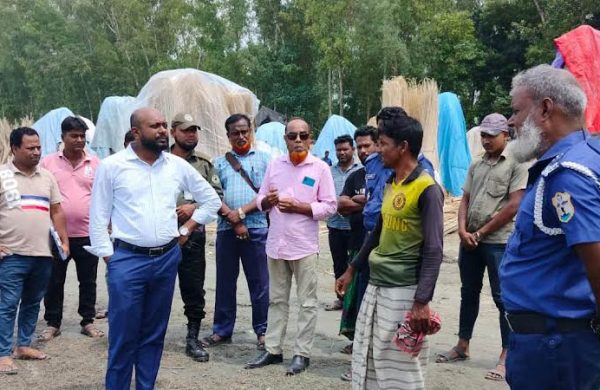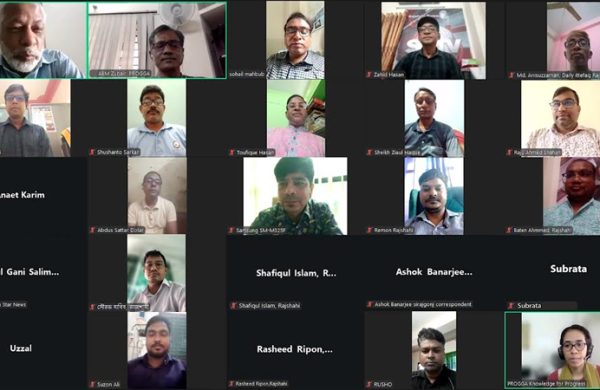The job no one claps for
- Update Time : Wednesday, September 10, 2025
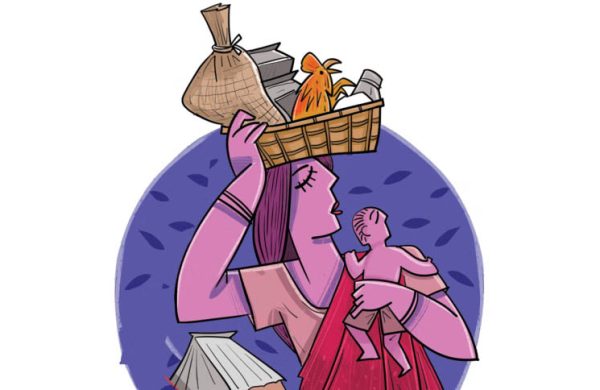
TDS Desk:
There are jobs that elicit applause and admiration. There are jobs that get perks and pay cheques. Then there are jobs that bind households together, keep communities functioning, yet receive neither wages nor recognition.
The latest Household Production Satellite Account (HPSA), prepared by the Bangladesh Bureau of Statistics (BBS) and UN Women, has exposed this truth in stark numbers. In 2021, women in Bangladesh carried out Tk 570,000 crore worth of household and care work. That is 85 percent of all unpaid labour in the country, nearly one-fifth of the national GDP.
Put simply, women’s invisible work is almost as large as some of our most vital economic sectors. Yet it is not counted in official statistics, nor reflected in salaries, and rarely acknowledged in families.
Cooking, cleaning, childcare, eldercare — tasks so ingrained in daily life that we dismiss them as “responsibilities” rather than “work”. And together, they constitute an entire economy in their own right. Men’s contribution to unpaid labour in 2021 was valued at Tk 100,000 crore, about one-sixth of women. The disparity is telling.
Not a single one of us appreciate this labour. There is no applause. There is no recognition for this contribution. But without it, the formal economy would grind to a halt. Imagine the office-goer who depends on a home-cooked meal, the school-going child who needs help with homework, or the elderly parent who requires care. This labour is indispensable, yet invisible.
This invisibility has consequences. When work is not recognised, it is not valued. When it is not valued, it is overlooked in policymaking and family decisions alike. Women spend 7.3 times more hours on unpaid labour than men, which directly limits their opportunities for paid work, education, or rest. The cost is borne not just by women, but by the nation.
That is why the HPSA is more than a report. It is a milestone. For the first time, Bangladesh has official data to back what women’s rights advocates have been arguing for decades: that unpaid household and care work is not “help” but labour that sustains society.
Tk 570,000 crore is not a token figure, it is a mirror to our collective blind spot.
But recognition alone will not suffice. What Bangladesh needs is redistribution, that begins at home, with men and boys sharing household responsibilities. It extends to workplaces, where family-friendly policies and flexible arrangements can prevent women from being forced to choose between a career and care. And it extends to the state, which must integrate care work into budgets, development strategies and labour laws.
Consider this: when men cook dinner once in a while, they are often praised as “helpful.” But when women cook three meals a day, clean, manage households and care for children, it is considered their duty. This double standard cannot continue if we are serious about equality.
The report rightly calls for recognising, reducing and redistributing unpaid care work. That means investing in childcare centres, eldercare services, healthcare infrastructure, and public transport. It means challenging entrenched social norms so that care is seen as everyone’s responsibility, not only women’s.
There is dignity in care work. But dignity without justice is not enough. For generations, women have upheld families and economies through unpaid labour. To keep ignoring that contribution is unjust, unsustainable and a barrier to progress.
Bangladesh has set ambitious goals for growth and gender equality. None of these can be achieved if half the population is carrying a disproportionate, unpaid burden in silence.
The HPSA has given us the numbers. Now, we must find the courage to value, share and support the job no one claps for — because it is the job none of us can live without.


